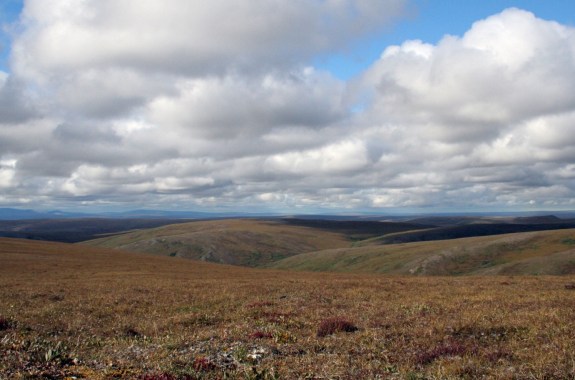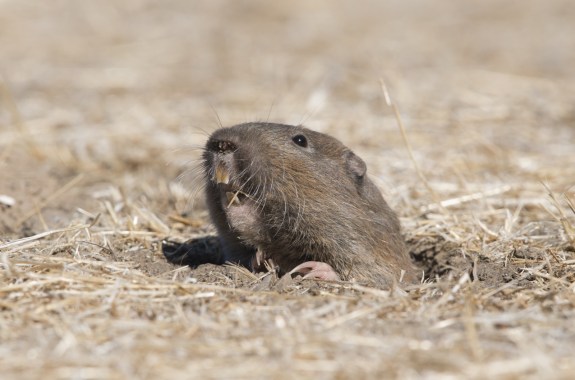Radio
Listen to Science Friday live on Fridays from 2-4 p.m. ET
November 22, 2024
On the 50th anniversary of Lucy’s discovery, paleoanthropologists reflect on what she means to science, and what she taught us about ourselves. Plus, divers have recovered seeds of a long-lost rye variety from a 146-year-old shipwreck in Lake Huron. And, just in time for Thanksgiving, a potato researcher explains potato varieties, potato nutrition, and some tubular tuber facts.
16:38
Can Science Answer Life’s Biggest Questions?
Theoretical physicist and author Alan Lightman launches a new public television series about searching for meaning in the age of science.
11:40
Early Migration To North America Likely Wasn’t A One-Way Road
New genomic research reveals ancient peoples didn’t just travel from Asia to North America; they likely journeyed back too.
32:38
Lab-Grown Meats Are Finally Inching Closer To Commercial
The FDA recently approved the first commercial meat made from animal cell cultures. Can it happen at a large scale?
33:15
Are Animal ‘Pests’ Really The Villains We Make Them Out To Be?
Science writer Bethany Brookshire’s new book tries to untangle why we call some animals “pests.”
11:39
Technology Trends to Watch in 2023
Experts at the MIT Technology Review highlight ten key tech breakthroughs that might change the world.
12:12
FDA Expands Pharmacy Options For Abortion Pills
More pharmacies can seek permission to carry the medication, but local rules may vary.
12:15
How Redlining Shaped Baltimore’s Tree Canopy
Historical discriminatory housing practices are still evident in the urban ecosystem. The city of Baltimore is working to change that.
10:00
What’s Going On Underground With Gophers?
How do these burrowing rodents get enough food while staying underground? Plus the case for appreciation, not extermination.
7:18
How This Chemist Is Turning Agricultural Waste Into Water Filters
This chemist has been turning corn husks and orange peels into activated carbon filters to remove pollutants from water.
10:12
The Nose Knows When It’s Cold—And It May Get You Sick
Researchers finally discover why upper respiratory infections are so common in winter.









